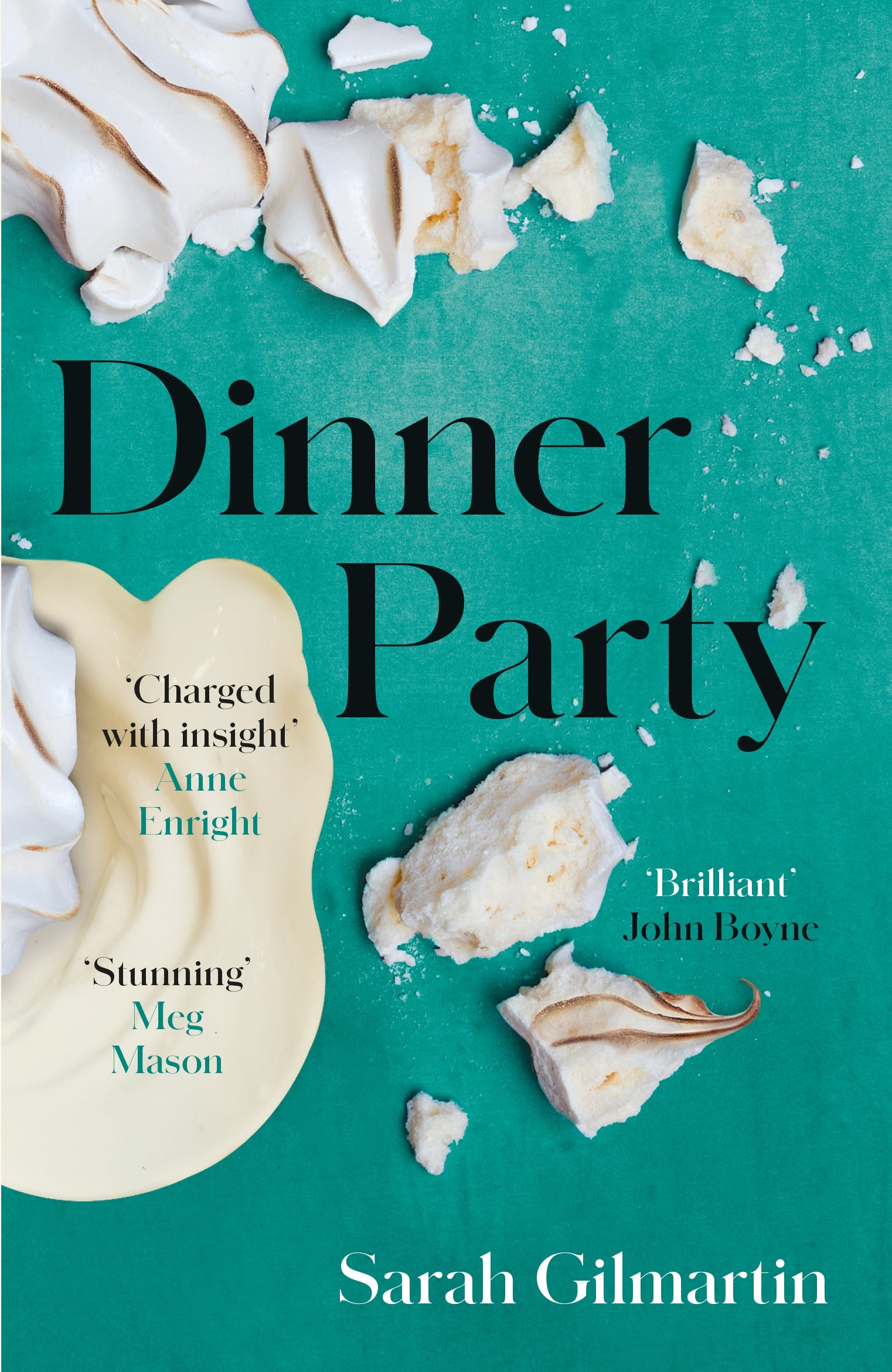Mental Health and Tragedy: A Conversation with Sarah Gilmartin
Photo Credit: Seamus Travers
“When the siblings were growing up in the 80s and 90s in Ireland, mental health wasn’t something that was talked about or discussed. It was something that was hidden away, that people were ashamed about. There was a double bind of experiencing mental health issues and then that added level of secrecy on top of it, which made it all the more difficult. Thankfully, that’s changing.”
[…] My next question links to this idea of drama actually, as I wanted to ask about the structure of the book. You go back and forwards in time, and each section feels more like a scene or a vignette – there really feels like there is a sense of theatricality to your work – and then I realised your title includes the phrase ‘a tragedy’! I just wanted to ask if you were aware of this sense of theatricality as you were writing?
I do actually have a background in drama, and I love going to the theatre – I love Irish theatre especially, which is so concerned with families. You can’t really go to an Irish play without there being some element of family in it. I didn’t set out for it to be structured like a play with three acts or anything like that, but when you’re messing around with time, one thing I tried to do was, once I started a chapter at one point in time, I would only move forward in time within that section, which is similar to a play because you generally can’t move backwards and forwards in time on stage; usually you have unity of time and place.
Totally. And in terms of those dinner scenes that punctuate the book, did you intend for those to create a sense of continuity, or was there another reason why you repeatedly return to a dinner scene?
I was interested in how somebody copes when they don’t feel good about themselves, and people deal with bad feelings in different ways, but food seemed to me a perfect fit for something that was about family. So, once I had the first chapter set as a dinner, it did give me a forward momentum to continue in that way. It’s funny, I have been re-watching the first and second seasons of Succession, which is so good on family, and I noticed they structure it quite similarly in that there’s generally a big event or an occasion when all the family have to get together, and I think that structure really works.
I definitely have to watch Succession! The dinner idea also made me think of Fleabag, as she also starts the second series with that incredible dinner scene where a lot of drama unfolds… In your opening dinner scene, the characters decide to play a game in which they have to describe people using only one word, and Kate uses the word ‘undiagnosed’ to describe her mother. I felt that was quite an important moment in the book, as the word undiagnosed feels central to the entire story, so I wanted to ask how you approached creating these nuanced characters, so many of whom have underlying issues the readers only see glimpses of?
At some point when I was writing the book, I had it in my head that I was going to write it from multiple characters’ perspectives, so I had sections from the mother’s perspectives and one of the brothers, but I quickly realised that there was too much going on. So I went back to Kate, who I knew was going to be the central character. Even though I didn’t end up using those chapters, writing them gave me a level of depth and insight into the characters that I don’t think I would have had if I hadn’t written that. And when Kate blurts out ‘undiagnosed’ – and it is very much something that just comes into her head –that moment was to show that when the siblings were growing up in the 80s and 90s in Ireland, mental health wasn’t something that was talked about or discussed. It was something that was hidden away, that people were ashamed about. There was a double bind of experiencing mental health issues and then that added level of secrecy on top of it, which made it all the more difficult. Thankfully, that’s changing.
Read full interview in Family Issue

